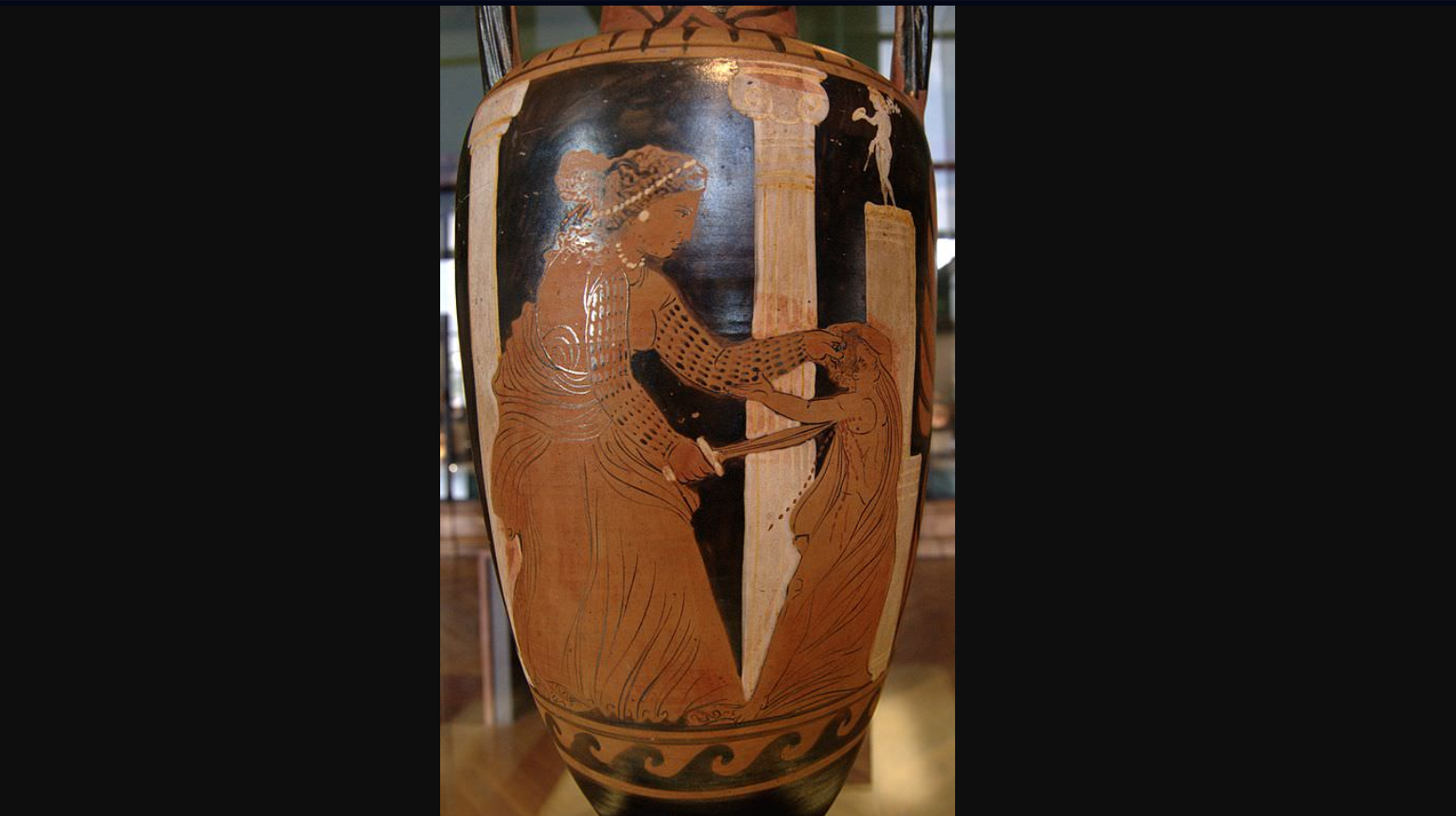The Sons of Alexander the Great: A Historical Analysis of Power, Intrigue, and Their Tragic Demise –
Introduction
Alexander the Great, one of history's most legendary conquerors, left behind an empire that stretched from Greece to India. Despite his monumental achievements, his lineage did not endure. Upon his death in 323 BC, questions about his succession plunged his empire into chaos, known as the Wars of the Diadochi. Central to this turmoil were his two known sons: Alexander IV and Heracles of Macedon. This article delves into their lives, the political dynamics surrounding their existence, and their tragic fates, highlighting the instability that marked the aftermath of Alexander's death.
1. Alexander IV (323–309 BC)
Background and Birth
Alexander IV was born in 323 BC to Roxana, a Sogdian princess whom Alexander married to solidify his rule in Central Asia. His birth occurred posthumously in Babylon, shortly after Alexander's untimely death at the age of 32. This timing made his position as heir precarious, as he was merely an infant when the empire needed a ruler.
Co-Kingship and Regency
To maintain stability, Alexander IV was declared king alongside his uncle, Philip III Arrhidaeus, who was half-brother to Alexander the Great. However, due to the child's infancy and Philip III's mental disabilities, real power lay with the regents, primarily Perdiccas, followed by Antipater, Polyperchon, and eventually Cassander.
Political Intrigues and Imprisonment
Alexander IV's legitimacy posed a continuous threat to the ambitions of the Diadochi, the generals who divided Alexander’s empire. Initially under the protection of his mother Roxana, he was moved from Macedonia to Amphipolis for “protection” by Cassander. There, both he and Roxana were kept under close guard to neutralize his claim to the throne.
Assassination and Aftermath
In 309 BC, when Alexander IV approached an age where he could assert his authority, Cassander ordered his execution, along with his mother. This assassination eliminated the last legitimate heir of Alexander the Great, effectively securing Cassander's power in Macedonia. The death of Alexander IV marked the end of the Argead dynasty, which had ruled Macedonia for centuries.
2. Heracles of Macedon (327–309 BC)
Background and Legitimacy Issues
Heracles was the illegitimate son of Alexander the Great and Barsine, the daughter of Artabazus, a Persian noble. Born around 327 BC, Heracles was raised away from political power, largely due to his illegitimate status. Despite this, his royal blood made him a potential figurehead in the power struggles of the Diadochi.
Political Utility and Manipulation
During the Wars of the Diadochi, Polyperchon, a former regent, used Heracles as a political pawn. In 309 BC, seeking to counter Cassander's influence, Polyperchon considered proclaiming Heracles as king. This move aimed to rally support from factions loyal to Alexander's lineage.
Assassination and Consequences
Polyperchon eventually betrayed Heracles, accepting a bribe from Cassander to kill him. This decision underscored the ruthless nature of the Diadochi's power struggle. With Heracles' death, the last potential claimant to Alexander’s legacy was extinguished, consolidating Cassander’s authority in Greece and Macedonia.
3. The Wars of the Diadochi and the End of the Argead Dynasty
The deaths of Alexander IV and Heracles were pivotal in the Wars of the Diadochi, a series of conflicts among Alexander’s generals who sought to carve out their own kingdoms from his empire. These wars were characterized by shifting alliances, political assassinations, and constant warfare, leading to the division of the empire into several Hellenistic states:
Ptolemaic Egypt under Ptolemy I Soter
Seleucid Empire under Seleucus I Nicator
Antigonid Macedonia under Cassander
Lysimachus controlling Thrace and parts of Asia Minor
The eradication of Alexander's lineage removed any possibility of reunifying his empire under a legitimate heir, solidifying the Diadochi's rule and leading to the establishment of the Hellenistic kingdoms.
4. Historical Impact and Legacy
The tragic fates of Alexander IV and Heracles reveal the brutal nature of Hellenistic politics. Their deaths symbolize the end of the Argead dynasty, which had ruled Macedonia since King Caranus founded it around 808 BC. Without a legitimate successor, Alexander's empire fragmented, altering the course of history. The political vacuum led to the rise of influential dynasties that spread Greek culture across the known world, an era known as the Hellenistic Age.
5. Conclusion
The stories of Alexander IV and Heracles highlight the perilous intersection of royal birth and political ambition. Born to a conqueror who created one of history’s largest empires, they became pawns in a power struggle that redefined the ancient world. Their deaths were not merely personal tragedies but pivotal events that shaped the political landscape of the Hellenistic period. The legacy of Alexander the Great lived on, not through his bloodline but through the cultural diffusion his empire initiated, influencing civilizations for centuries to come.
References and Further Reading
Bosworth, A. B. Conquest and Empire: The Reign of Alexander the Great. Cambridge University Press, 1988.
Green, Peter. Alexander to Actium: The Historical Evolution of the Hellenistic Age. University of California Press, 1990.
Heckel, Waldemar. The Marshals of Alexander's Empire. Routledge, 1992.
Worthington, Ian. By the Spear: Philip II, Alexander the Great, and the Rise and Fall of the Macedonian Empire. Oxford University Press, 2014.









